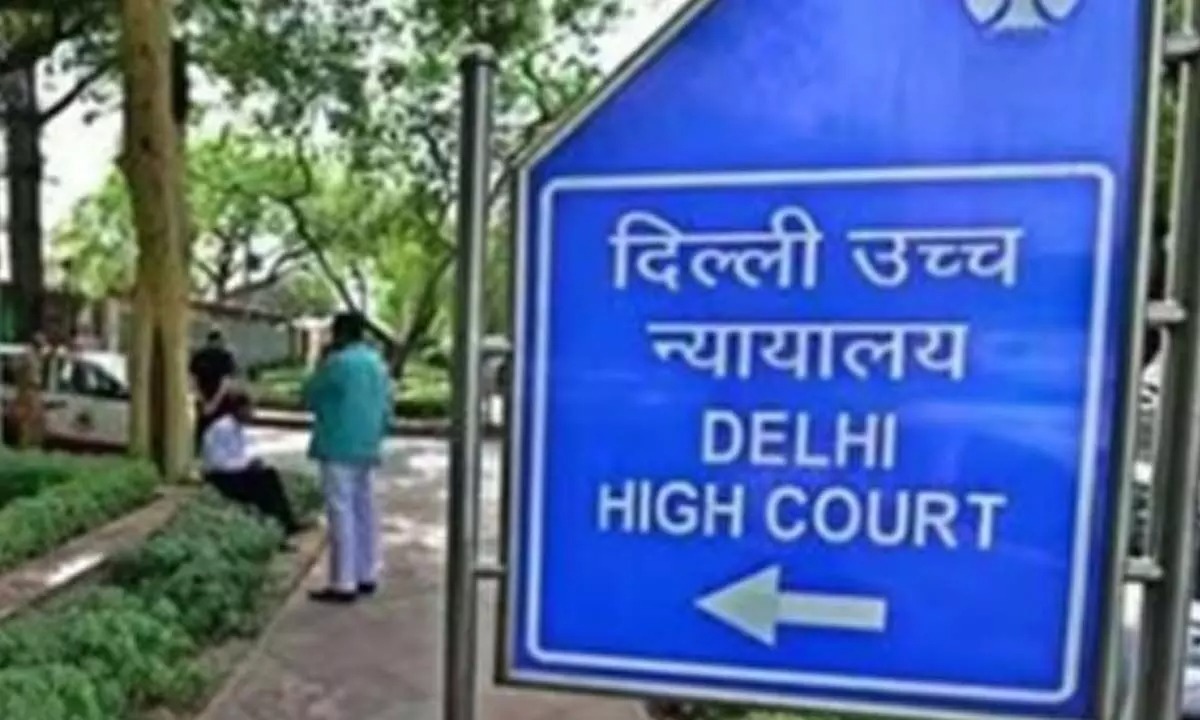Jasbir Singh, J. (Oral)
1. Vide judgment and order dated 3.11.1992 and 14.11.1992 respectively, appellants were convicted for commission of offences under Sections 308/324/323/148/149 IPC. All the appellants were directed to undergo RI for six months on each count for commission of offences under Sections 148/323 read with Section 149 IPC. They were further directed to undergo RI for a period of one year for commission of offences under Sections 324/149 IPC. For commission of offences under Sections 308/149 IPC, they were directed to undergo RI for five years and to pay a fine of Rs. 1,000/ each, in default of payment of fine to further undergo RI for one month each.
2. It was case of the prosecution that Laxmicomplainant is the daughter of injured Lal Singh. Lal Singh had kept a bullock and charged Rs. 30/ for mating a buffalo. On 19.12.1989 at 6.30 A.M. Hari Ram brought his buffalo to his house for mating. At that time, all the accused, who were also residents of the same village came there and protested on the ground that Hari Ram had brought buffalo through their fields. They were told that he had come through a public throghfare. This led to an altercation between the parties. In that process, appellantaccused had caused injuries to Lal Singh and Laxmi PWs.
3. It is not necessary to refer to further details of this case as Mr. Atul Lakhanpal, counsel appearing for the appellants, has confined his arguments regarding quantum of sentence only.
4. Mr. Lakhanpal, by referring to evidence on record, has stated that it is doubtful as to whether any offence is made out under Section 308 IPC. He further stated that the alleged occurrence had taken place on 19.12.1989. Trial came to an end in the year 1992 and since thereafter appeal is pending. During this period, appellants had suffered mentally and finally (financially ?) as well. They are the only bread winner of their families. If at this stage, they are ordered to go behind the bars, not only they but their families would also suffer. He further states that the appellants had reformed themselves and now are living as good citizens. They had not indulged themselves into any offence of such like nature. He further states that the occurrence had taken place without any motive and suddenly on a minor issue. They are not hardened criminals and also not previous convicts. Counsel also states that the appellants had undergone five months of imprisonment during trial and after conviction. By referring to above mentioned facts, counsel prays that the appellants be released on probation.
5. This prayer has vehemently been opposed by State counsel. He, by referring to the evidence on record, states that the punishment awarded to the appellants was in proportion to the offence committed by them. They had caused injuries to the PWs without any justification. He further states that the punishment awarded by the trial Court is very lenient and because of their conduct, they do not deserve further leniency from this Court. He prays that appeal, having no substance, be dismissed.
Counsel for the parties have been heard.
6. It is apparent from the record that a crosscase for causing injuries to two of the appellants was also registered against the opposite party. After trial, Rajinder Singh, Lal Singh, Sukhram Lal, Smt. Laxmi and Smt. Saraswati were acquitted vide judgment dated 3.11.1992. This clearly indicates that fight had erupted between the parties, without any motive.
7. Purpose of criminal law justice is to bring discipline, peace and harmony in the society and also to give an opportunity to an erring individual to reform himself.
8. Their Lordships of the Supreme Court in Karamjit Singh v. State (Delhi Admin.), 2000(3) RCR(Crl.) 561 (SC) : 2001(9) Supreme Court Cases 161 had opined that in appropriate cases, leniency be shown and opportunity is required to be given to an accused to reform himself by adopting a reformative approach. It is an admitted fact that the parties are covillagers and if at this stage, appellants are sent behind the bars, it will revive the old enmity between the parties in the village.
9. In Tarak Nath Singh and another v. State of West Bengal, 1998(1) SCC(Crl.) 587, their Lordships of Supreme Court, keeping in view the fact that the occurrence took place 18 years earlier to the decision of appeal and the parties were relatives, reduced the sentence to the period already undergone.
10. Similar is the opinion expressed by two Division Benches of this Court in State of Punjab v. Gurmail Singh, 2002(2) RCR(Crl.) 600. In that case in an appeal against acquittal, accused were convicted. However, they were sentenced to a term of imprisonment already undergone, keeping in view the fact that incident had occurred in the year 1981.
11. To the same effect is the opinion of this Court Chhota Singh v. State of Punjab, 1998(1) RCR(Crl.) 467.
12. Similarly, a Single Bench of this Court in a case titled as Behari Lal v. State of (UT) Chandigarh, 2000(1) RCR(Crl.) 222 (P&H) : 2000(1) All India Criminal Law Reporter 832, while deciding a matter of commission of offence under prevention of Food Adulteration Act, 1954, by taking note of judgments of Supreme Court in Municipal Corporation of Delhi v. Tek Chand Bhatia, AIR 1980 SC 360 and Brahaam Dass v. State of Himachal Pradesh, 1988(2) RCR(Crl.) 184 (SC) : 1998(2) All India Criminal Law Reporter 899, reduced sentence of the accused therein to the one already undergone.
13. Records of this case indicate that the appellants were not the previous convicts. As per statement made at the Bar, after their conviction in this case, they had reformed themselves and had not indulged in any criminal activities. They had faced the agony of trial for about 3 years and thereafter their appeal is pending in this Court. During this period they had the fear of being sent behind the bars on one day or the other. Due to this fear, this Court feels that they have tried to become good citizens and reformed themselves and if they are sent behind the bars, at this stage, it will be a loss to their families as well. The occurrence had taken place in the year 1989. They had already undergone sentence for five months during trial and after conviction.
14. Keeping in view facts and circumstances of this case, conviction of the appellants is maintained. However, sentence is set aside by ordering that the appellants be released on probation for a period of one year under the provisions of Section 4(1) of the Probation of Offenders Act, 1958 subject to their furnishing surety bonds to the tune of Rs. 20,000/ each to the satisfaction of the trial Court. During this period, they are directed to maintain discipline and live like peaceful citizens. Court may call them to undergo the remaining sentence in the event of their violating any of the conditions of the surety bonds submitted by them. Vide impugned judgment it was ordered that out of the fine imposed, a sum of Rs. 2,000/ each shall be paid to Laxmi and Lal Singh injured.
15. Keeping in view the provisions of Section 357 Cr.P.C. and also the ratio of judgment of Baldev Singh and another v. State of Punjab, 1995(3) RCR(Crl.) 750 (SC) : AIR 1996 SC 372, this Court orders that the fine imposed be treated as compensation and it is enhanced to the extent of Rs. 10,000/ to be paid by the appellants equally over and above the compensation amount already paid to the injured. Appellants are directed to deposit the amount within two months from the date of receipt of a copy of this order, failing which, their appeal shall be deemed to have been dismissed. On deposit so being made, trial Court will issue a notice to Laxmi and Lal Singh, injured and disburse the amount equally to both of them forthwith. Grant of compensation shall not debar the appellants to claim benefit of probation granted to them under the provisions of Probation of Offenders Act, 1958.
Appeal stands disposed of with above modifications.
JUDGMENT accordingly.

